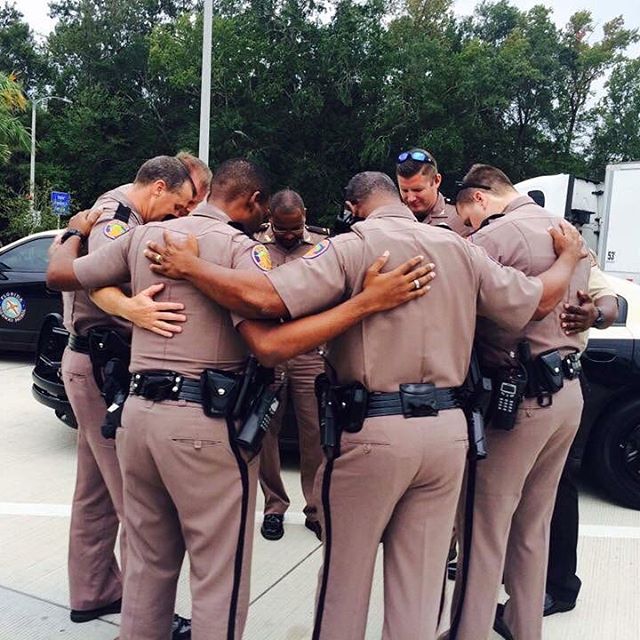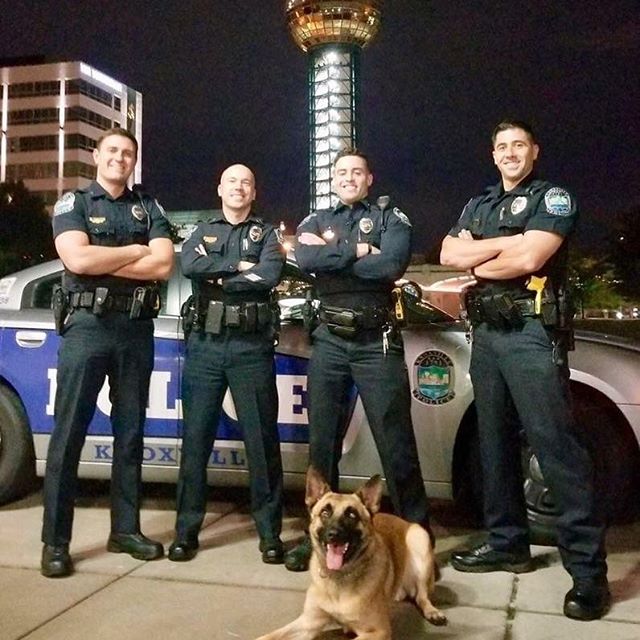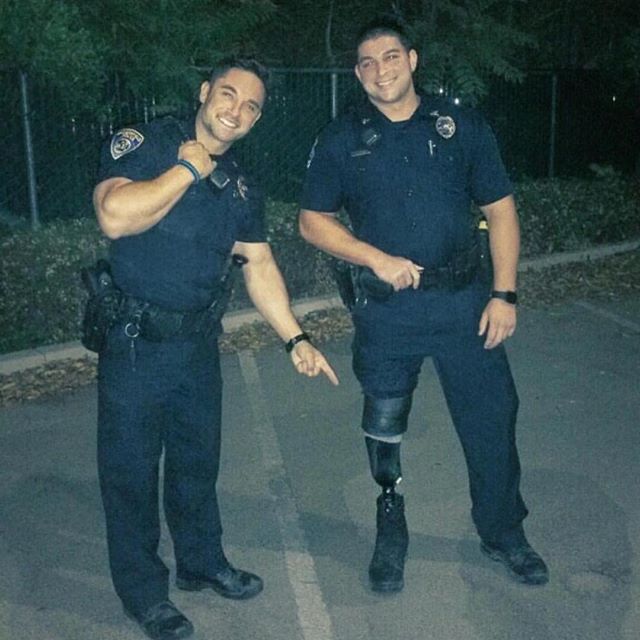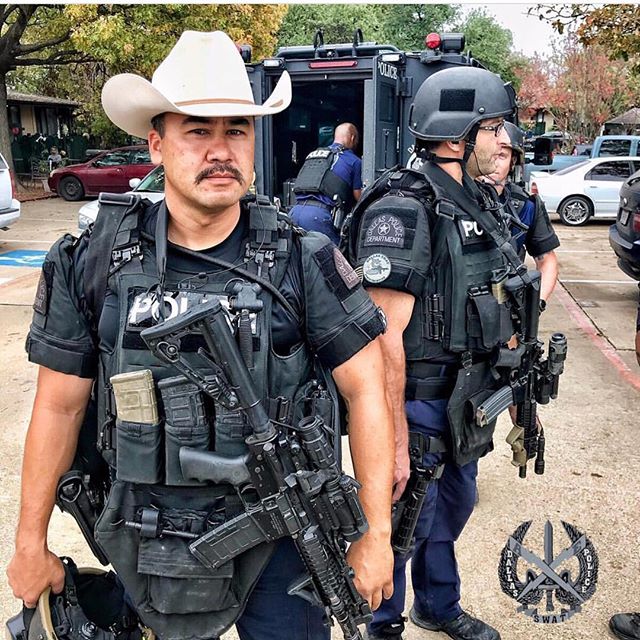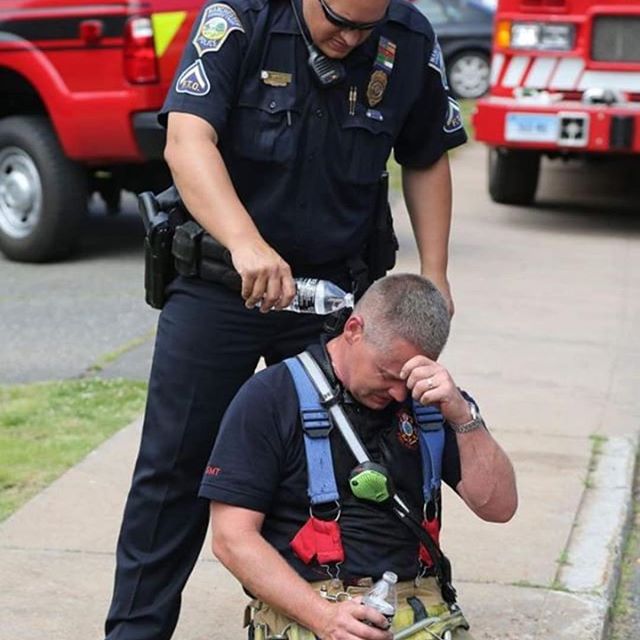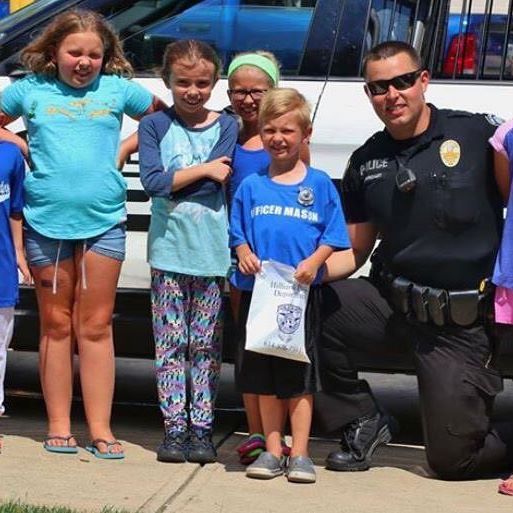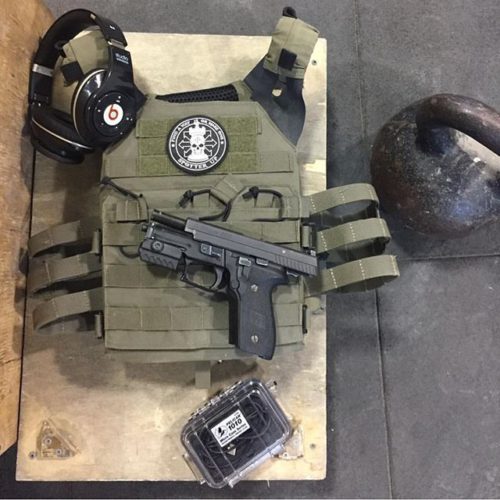I was watching a sporting event the other day, and noticed how quickly some in the audience were criticizing the players. It was probably the bloody Mary which made me give a crap, but I wondered why that is. How come people think they can just know what’s up and what a player should be doing? Interestingly enough none of the same critics or experts will give the same advice directly to the player. I couldn’t help thinking how just as many, if not more of laymen are experts on everything law and law enforcement. From tactics, to politics, to judging what happened based on a brief video off social media. Well, the first thing regarding sports is that people know the rules.
Or, they think they do. Much like police work, every self-proclaimed expert thinks he/she knows what the job entails. I mean, a cop is a cop, and to most, the extent of police contact is a traffic ticket. So what’s not to know? The other, it that people feel entitled to be at the game. Whether in person or through any means of modern technology, they are the audience. The game is played for the audience. You pay a fee to attend, subscribe to a channel or just own a TV. You’re the customer and the customer is always right…
Aspects of police work, law enforcement or for that matter public service, are not much different, but substantially more complex. Sports strive to engage and involve the audience, ask for their feedback and provide a service which is ultimately paid for. The philosophy of community service is once again, very similar. An agency, if it is to function effectively, must involve the feedback of the community to be effective, problem solve, and function to provide a service in which the benefactors are the community members. Not necessarily the expert and sideline critics, but community members. The experts may not even be part of the community, but their self-righteous or sometimes even non-political mission, is counter-productive to the function of the public service agency.
This is specifically true when politics start being involved, or confused with law enforcement. Ideally of course, this should not be the case. Unlike sports, the mission of police work is non-biased and selfless in approach and motivation. Ideally that is, the media approach is also in sharing information without a twist… It is unavoidable that politics, opinions, and misguided priorities come into play. If for no other reason, than the agencies are managed (or mismanaged) by people. Decisions on the street are made in split second, life-essential moments, when there is no benefit of second-guessing or watching from the sidelines, also by people. To add another comparative, military is also a public service, and not unlike in many ways to law enforcement. In fact each borrows and shares with the other routinely. But while Joe Citizen will readily degrade and criticize a street cop for improperly speaking to someone despite the known or unknown facts, few will come up to a US Marine and say the same nonsense about how a roadside clearance was approached. Some may, but few.
The origins of community policing, also known as problem-oriented policing, can be found in the much–needed reform of US police methods during 1970’s and 1980’s. That just may be the only time, other than present, where there was as much dynamics and outside influences on the profession. Since that time, approaches in modern thinking provide examples in Kansas City, Houston, and Baltimore, and analytical studies credited to Kelling, Moore, Rosenbaum, and Wilson. Ultimately, the practical implementation and professional approach to these principles is up to individual agencies and municipalities. All with their own unique dynamics, problems, and resources.
What started out as a nationwide movement for change and professional improvement by progressive minds in policing, civil rights and academics, has sometimes become a slogan on which the agency has a hard time delivering. The most obvious elements are often missing, as the department is left alone to implement the theory into practice. The support and orientation of the community, support and alignment from the city or town governance, and the functional resources allowed for agency’s use.
While these days most recruitments will assess an applicant’s understanding of community policing at the interview, some will all but neglect the wholehearted implementation of it. It is more than token programs, and slogans. It involves a true understanding and commitment of resources, overtime, equipment, and once again, a multi-dimensional buy in. Somewhere along the line of developing these principles, we stepped away from the true hands-on practice, and assumed that transparency alone is community policing. But transparency without common sense is not only counterproductive, it feeds information misuse and compromises officer safety. Tactics, equipment, department rosters, some directives… It can be argued that transparency in these areas crosses the line, and once again underscores that ground-pounders and front line cops are expandable.
Community policing by this model often sees officers judged by the community and condemned by their agency, before the facts are in. It is interesting that USDOJ in their 54 page document on community policing cites individual officer focus, as the one of the keys to success in problem-oriented policing. “Are performance evaluations based on job descriptions that reflect the principles of community policing and that emphasize taking action to make a positive difference in the community as the yardstick of success? Did the process of developing performance evaluations reflect broad input from inside and outside the organization? Are performance evaluations written from the customers’ point of view (the public who are the recipients of police service), rather than serve the department’s bureaucratic needs? Do performance evaluations encourage risk taking by avoiding penalties for well-intentioned mistakes and by rewarding creativity?” The entire 2007 document can be found on the DOJ COPS website.
So there is actually a formal direction, a standard guideline which in effect tells agencies that it is better to be invested in their officers. That promoting a rewarding and productive careers in law enforcement goes beyond policies and procedures, robotic and bureaucratic principles, and in fact starts and ends with the ground pounder. The idea of “broken windows”, fixing small issues in the community before they arise to problems, can be applied internally to the mission of any agency. Regarding the community implementation of these principles, enforcement runs a fine and almost connecting parallel with service.
Internally, agencies have to reward and take care of their own, even and especially in absence of true support and resources elsewhere. We applied every professional standard to the delivery of police service, other than to ourselves. Critics and Monday morning quarterbacks should not be the focus, nor the source of change. Our audience, customers, and partners, are in the communities we serve. And our resources are ready and willing within the agencies striving to deliver outstanding service. They need to be encouraged and rewarded starting with recruitment, going to retention, and consulted as advisors after retirement. Coach Bob Lindsey and Gary Klugiewicz say “we are in a people business”, and I wholeheartedly agree. It is about time that we focused on people who make it all work. Ourselves.
*The views and opinions expressed on this website are solely those of the original authors and contributors. These views and opinions do not necessarily represent those of Spotter Up Magazine, the administrative staff, and/or any/all contributors to this site.
All images from Police_USA IG
Brought to you by the dudes at Spotter Up

